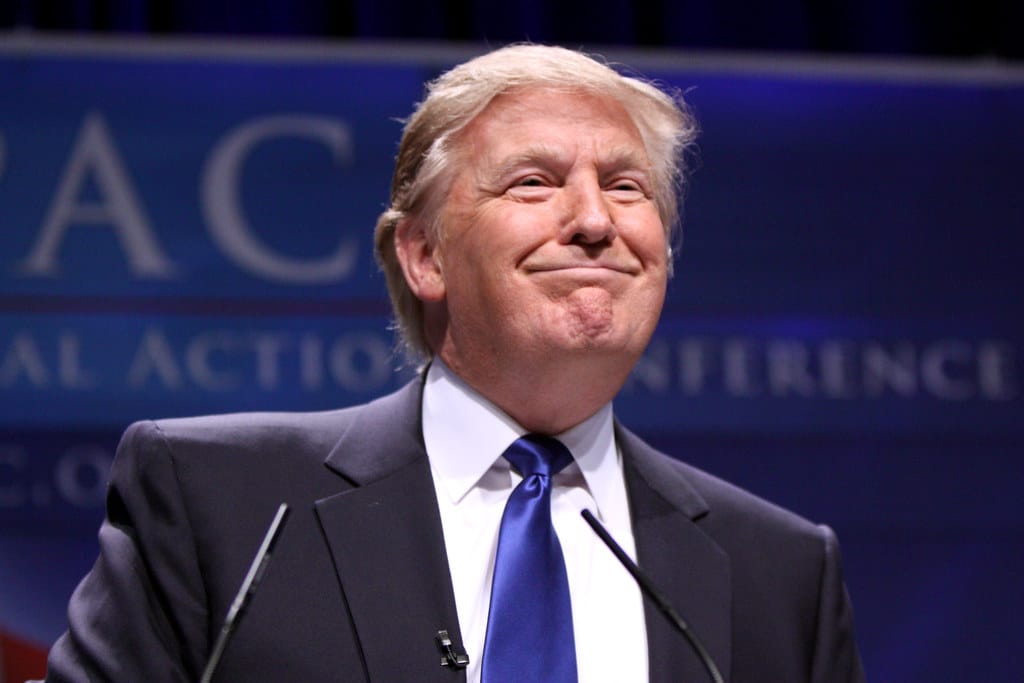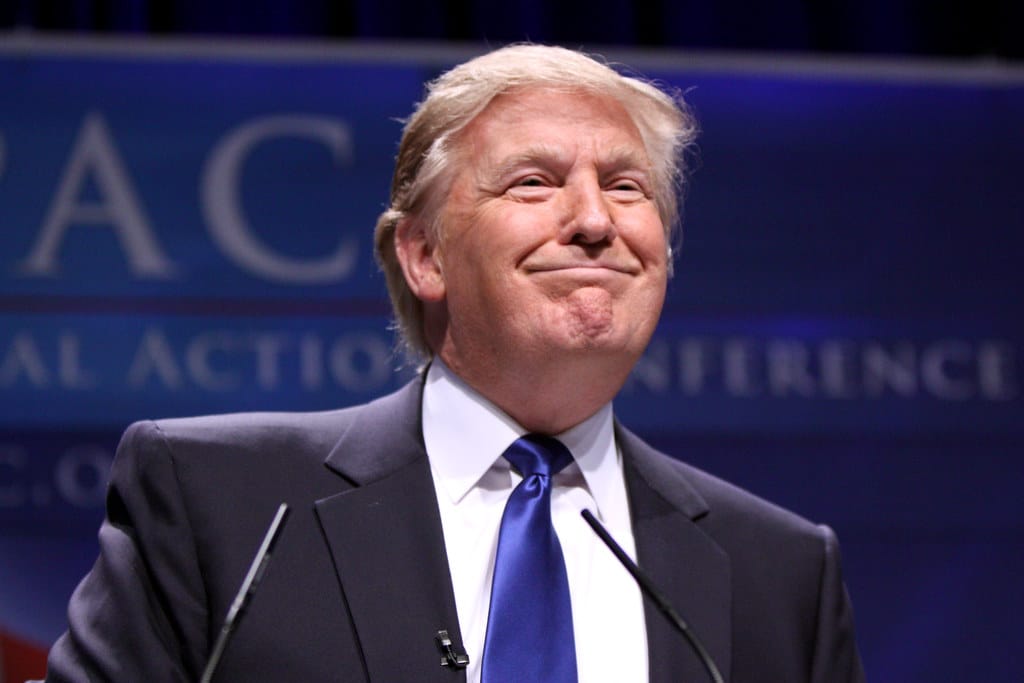Trump's TikTok Flip-Flop: From Savior to Threat in Record Time
President-elect Donald Trump's relationship with TikTok has taken another dramatic turn, as he now threatens to shut down the popular social media platform despite campaigning on promises to "save" it from a congressional ban. This stunning reversal highlights the complex intersection of politics, technology, and national security that continues to define America's approach to Chinese-owned applications.
The Promise vs. The Threat
During his 2024 presidential campaign, Trump positioned himself as TikTok's unlikely champion. At rallies and in interviews, he repeatedly vowed to prevent the app's closure, directly contradicting his earlier stance as president when he attempted to ban TikTok in 2020. His campaign messaging resonated with TikTok's 170 million American users, many of whom feared losing their primary source of entertainment, news, and income.
"I'm going to save TikTok," Trump declared at multiple campaign stops, often crediting the platform with helping him reach younger voters. This promise appeared to be a calculated political move, distinguishing him from the Biden administration's support for legislation requiring TikTok's Chinese parent company, ByteDance, to sell or face a ban.
However, recent statements suggest a dramatic shift in approach. Trump has now indicated he might support shutting down TikTok if it poses national security risks, effectively abandoning his campaign pledge just weeks after his electoral victory.
The Legislative Landscape
The current TikTok controversy stems from bipartisan legislation signed by President Biden in April 2024, which gives ByteDance until January 19, 2025, to sell TikTok to a non-Chinese entity or face a ban in U.S. app stores and web hosting services. The law reflects growing concerns about potential Chinese government access to American user data and the platform's influence on public opinion.
TikTok has challenged this legislation in federal court, arguing it violates First Amendment rights and would effectively silence millions of American voices. The company maintains that it has never shared U.S. user data with Chinese authorities and has implemented measures to protect American users' information through its "Project Texas" initiative, which stores U.S. data on Oracle servers.
Economic and Cultural Stakes
The implications of a TikTok shutdown extend far beyond politics. The platform has become a significant economic engine, with creators earning billions of dollars annually through the TikTok Creator Fund, brand partnerships, and direct commerce features. Small businesses have built entire marketing strategies around TikTok's algorithm, which many consider superior to competitors like Instagram Reels and YouTube Shorts.
Cultural impact is equally substantial. TikTok has emerged as a primary news source for Americans under 30, with 32% of young adults regularly getting news from the platform, according to Pew Research Center data. The app has also become a space for political organizing, social movements, and cultural expression that reaches across traditional demographic boundaries.
Political Calculations
Trump's evolving position on TikTok reflects the complex political calculations surrounding the platform. During his campaign, supporting TikTok helped him appeal to younger voters and differentiate himself from the Washington establishment. Now, facing the responsibilities of governance, he must balance those campaign promises against legitimate national security concerns raised by intelligence agencies and lawmakers from both parties.
The timing of his recent statements is particularly notable, coming as the January deadline approaches and legal challenges continue. This shift may signal that Trump plans to let the existing legislation proceed rather than actively intervene to save the platform as promised.
Looking Ahead
As the January 19 deadline approaches, TikTok faces an uncertain future regardless of Trump's ultimate decision. ByteDance has shown little interest in selling, viewing TikTok as a key strategic asset. Meanwhile, technical challenges around separating TikTok's U.S. operations from its Chinese parent company remain formidable.
The broader implications extend to U.S.-China relations and the precedent set for regulating foreign-owned technology platforms. How this situation resolves will likely influence future debates about digital sovereignty, free speech, and national security in the digital age.
Key Takeaway: Trump's reversal on TikTok demonstrates how campaign promises often collide with governing realities. For TikTok's millions of users and creators, the coming weeks will determine whether America's most popular app can survive the intersection of geopolitics and social media, regardless of who occupies the White House.

